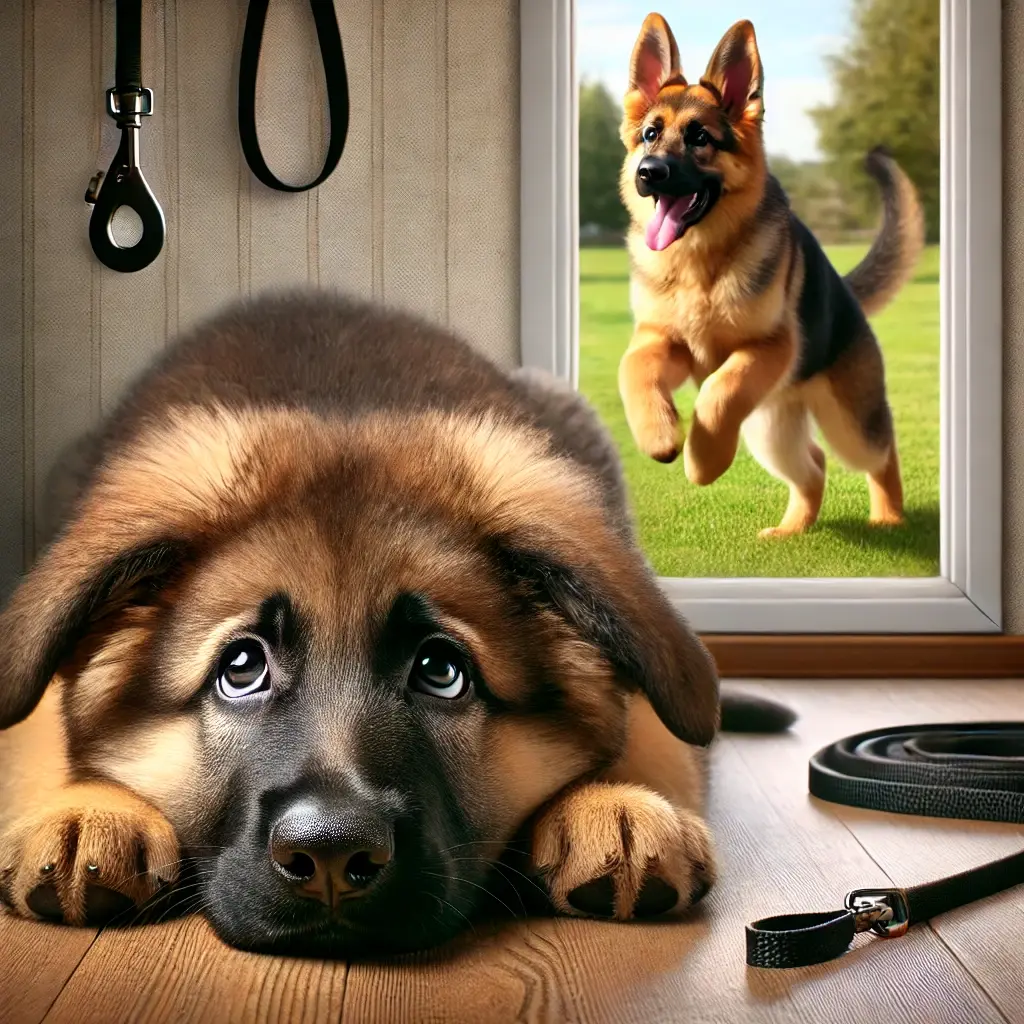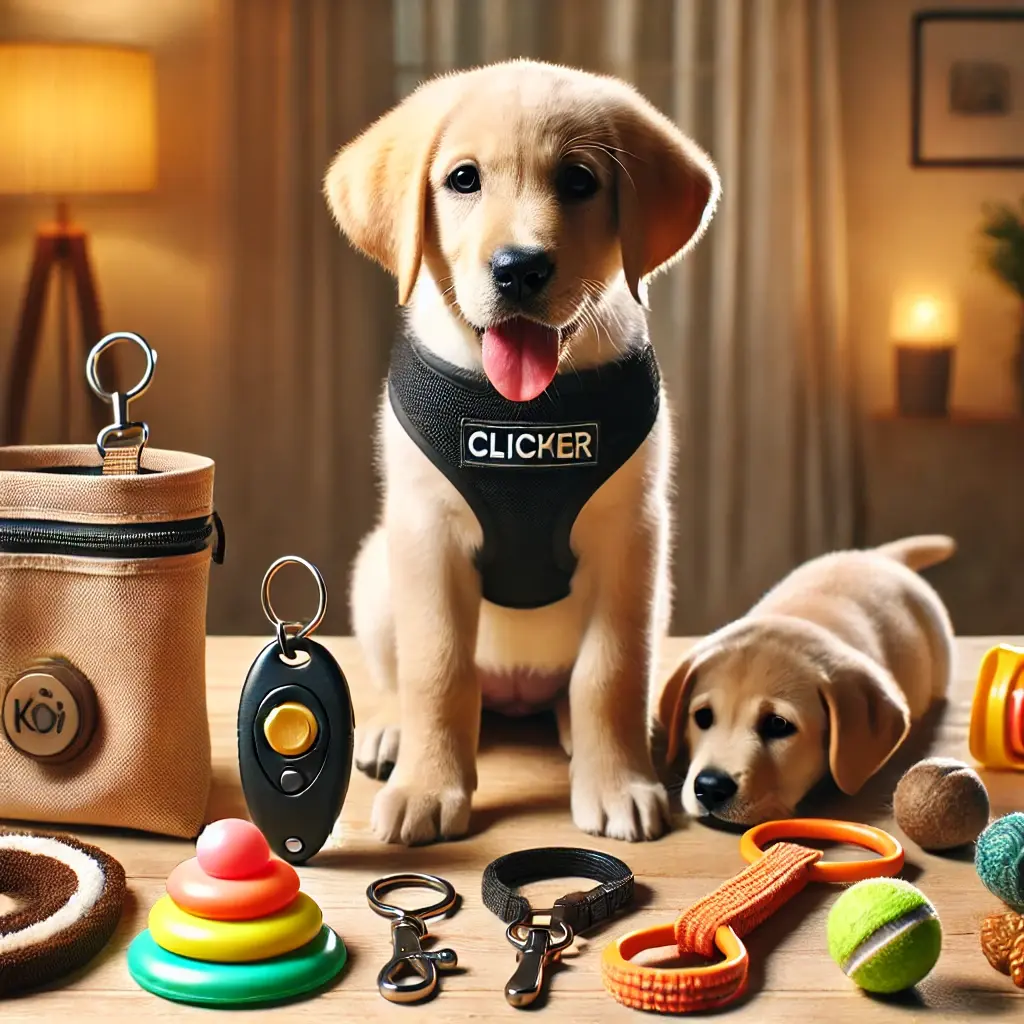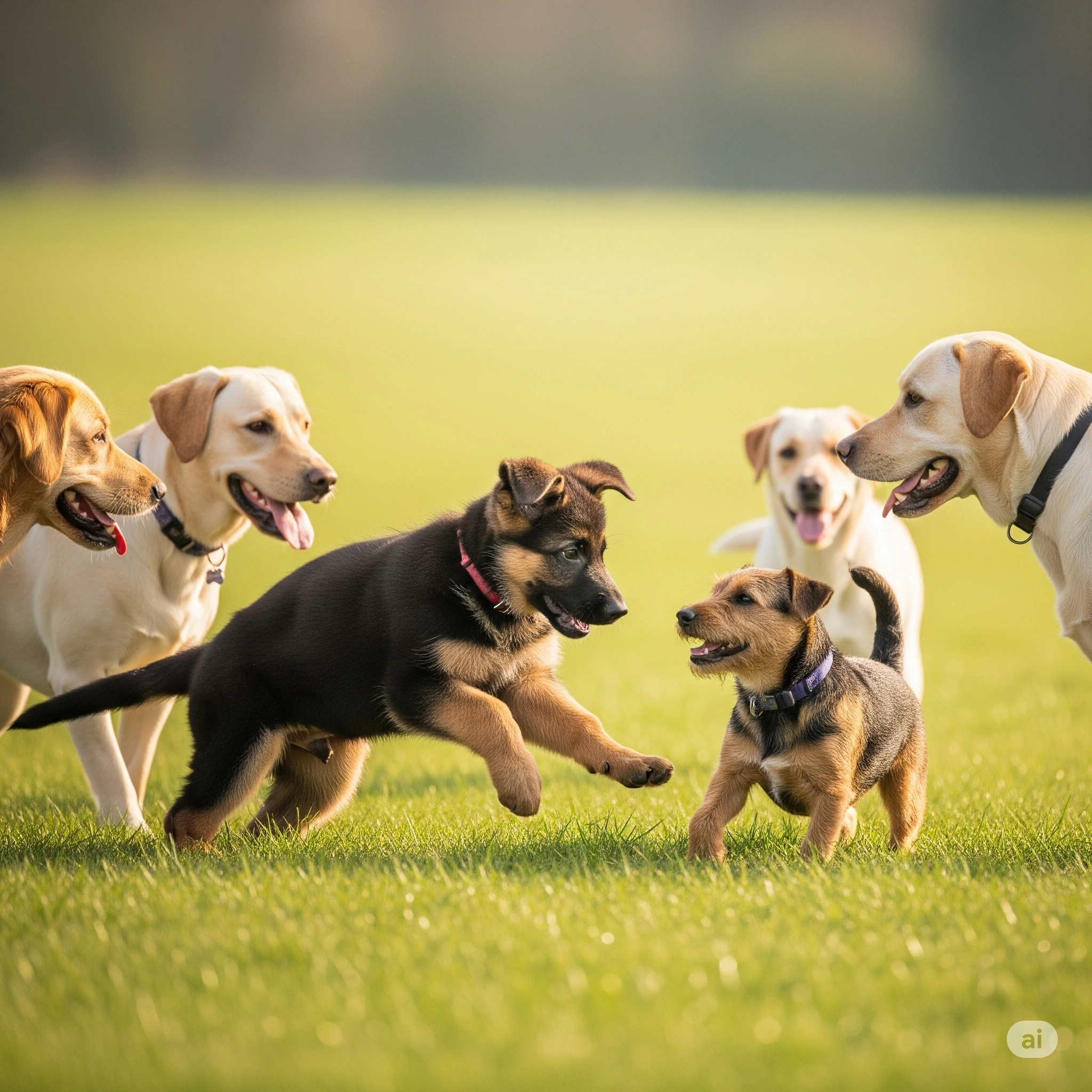Socialization is the foundation for a healthy life for German Shepherd puppies. The period between 8 and 16 weeks of age (the “critical socialization window”) is the most important for your puppy. During this time, it will be able to positively interact with new experiences, people, and environments. In the USA, it will have to deal with moving, traffic, children, and other animals, so if it is not socialized in a timely manner, it may develop fear, aggression, or isolation problems in the future.
What is “socialization”? How to learn Germen Shepherd Puppy
It’s not just about playing with other dogs! Your German Shepherd puppy is learning to respond calmly and safely to all kinds of noises (roaring, car horns, phone rings), different people (children, elderly people, people wearing hats/uniforms), new places (vet clinic, parks, cars), and other animals. Whether the home in the USA is an apartment or a suburban house, these exposures are inevitable.
How to get started?
Start in your home environment. Gently and gently touch the puppy – look at the legs, ears, mouth, tail. This will help prevent future grooming or vet visits. Introduce him to soft noises (TV, radio, vacuum cleaner). If he shows signs of fear, stop and encourage him with treats (chicken nuggets). Use the “Puppy Socialization Checklist” to remember what has been accomplished.
Introducing new places & people for Germen Shepherd:

After the first shots are done, take your puppy to safe public places (Home Depot, pet-friendly cafes, quiet parks). Put it in a carrier and let it see different types of people (height, age, clothing, skin color) from a distance. Be extra careful around children – their movements can be sudden! It is especially important for the USA to show people like the UPS delivery man and the police officer.
Other animals & dogs:

Before introducing other dogs, make sure they are fully vaccinated! First, introduce them to stable, well-behaved older dogs in a controlled environment (your yard or a trainer’s place). Avoid dog parks – there is a higher risk of diseases and aggressive/aggressive dogs. Introduce cats, birds, etc., and teach them to observe them peacefully.
Common Mistakes & Warnings:
“Flooding”: Putting a fearful puppy in a stressful situation (e.g. a party with a lot of people). This increases the fear.
Not doing it: Only 2-3 trips outside and stopping. Set aside a short amount of time each day
Negative experiences: If someone barks loudly, attacks another dog, etc., remove them from the area immediately and avoid the situation again.
Letting go of the leash: The leash will let go when other dogs/people are around. This is dangerous. The leash should always be on.
Help for fearful puppies:
Some German Shepherd puppies are naturally fearful. Don’t force them. The key: Distance and High-Value Treats. Keep the frightening object far away and offer the chicken/cheese when the puppy is calm. Gradually move closer to it. This will slowly build a positive association. If the fear is severe, consult a dog behaviorist (CPDT-KA/IAABC certified) in the USA.
Pet Training Classes for Germen Shepherd (Puppy Kindergarten):
“Puppy Kindergarten” classes in the USA are very helpful. But be careful! The trainer should be a force-free/positive reinforcement trainer. Shock collars and punishments should not be used. The trainer should ensure that all dogs in the class are fully vaccinated. These classes teach puppies safe playtime, basic commands (sit, stay), and how to observe other dogs peacefully.
Socialization is a continuous process:
This process should not stop after 16 weeks! Continue to introduce new experiences during the puppy’s early years (6-18 months). Take car trips, new walks, and visits to friends’ homes. Also prepare for seasonal events in the USA (open houses, fireworks). Through consistent, positive reinforcement, your German Shepherd will become a confident, active, and social puppy.
Conclusion
Socialization of German Shepherd puppies is a crucial part of raising them. It is the foundation for your dog to live a safe and happy life in a multicultural, noisy environment like the USA. Use patience, consistency, and positive reinforcement. Do small exercises every day. By doing this, you will create a loyal, happy companion!
Also Read: German Shepherd Puppy Training for First-Time Owners: Avoid These Common Mistakes

